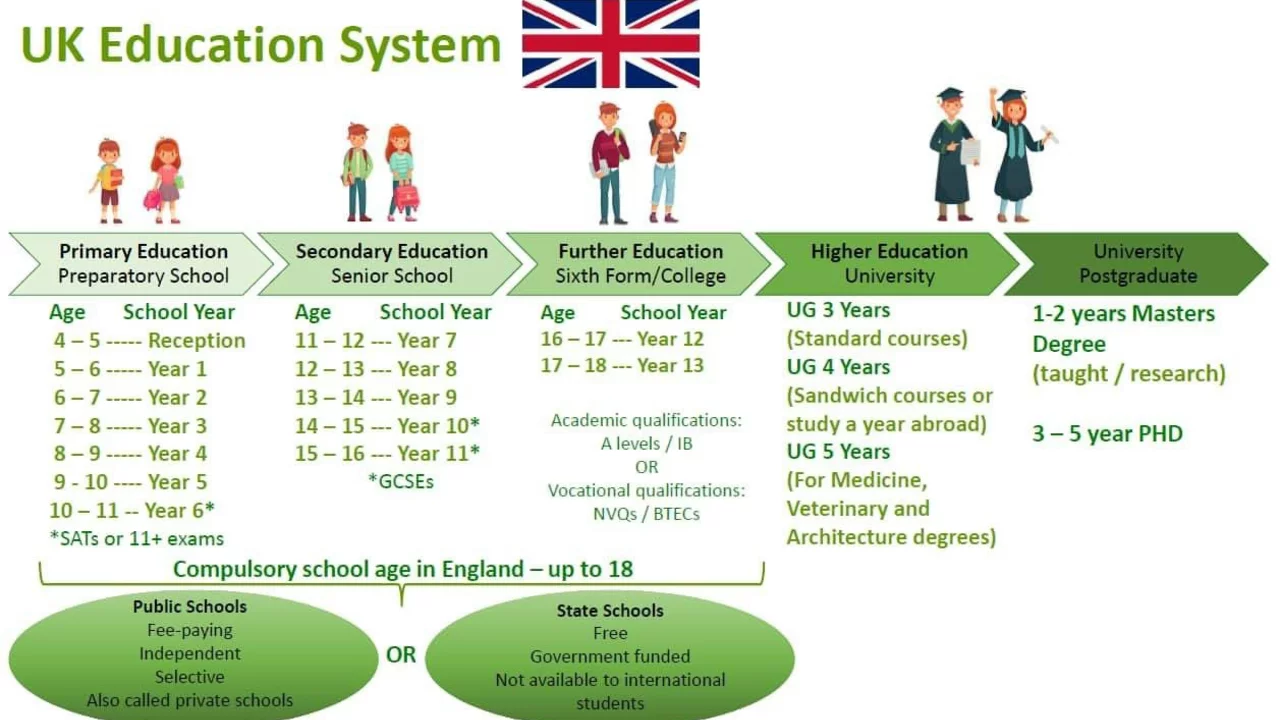Understanding the Spectrum of Education
Whenever the term 'education' crops up, it inevitably dredges up the image of lecture rooms, rows of desks, hefty textbooks, and possibly the less glamorous image of the recurring nightmare known as a calculus exam. However, education is so much wider than the four walls of a classroom or the monotonous tick-tock of the clock during an examination. It is an ever-evolving, multifaceted beast that well extends beyond the somewhat antiquated concept of formal education and encompasses myriad forms equally valuable. Individual interest, aptitude, career aspiration, societal need, and even the evolution of disciplines and technologies, all have served to broaden the horizon of what we perceive as education.
Digging into Formal Education
Formal education, the most recognized type, generally follows a structured educational model, i.e., grades, classrooms, and standard curriculum. Foreshadows of this kind of learning can be traced back to as early as ancient Greece, a time when philosophy and public speeches were in vogue. Aristotle, Plato, and Socrates, they were all products of formal education, which allowed Greece to produce some of the most influential minds in the world.
Fast forward several centuries and the system remains the same. However, now it's structured in three main stages: primary, secondary, and tertiary education. Whether it's mastering the ABC's in kindergarten, dissecting a frog in high school or grappling with quantum physics in college--all of it belongs under the grand umbrella of formal education.
Exploring Informal Education
Now, on the flip side, we have informal education, which is less structured, less rigid, and more fluid than formal education. It's more of a self-directed, experiential, and lifelong process of learning. It's an ongoing process that begins from the moment we're born and continues until the day we breathe our last.
An example of informal education is a child learning how to make a PB&J sandwich. No one really ‘teaches' them in the conventional sense. Instead, they watch their parents or siblings do it, they imitate, they fail, they try again, and ultimately, they succeed. Similar experiences continue to amass throughout our lives, contributing significantly to our personal and professional growth.
The Power of Non-formal Education
Non-formal education, often forgotten but equally important, serves as a bridge between formal and informal education. This type of education includes learning opportunities outside the formal education system. It's generally organized and systematic but less regulated.
Examples include vocational training, adult literacy programs, or even a cooking class you might choose to attend over the weekend. Non-formal education helps fill the knowledge gaps from formal and informal education, making it an ideal supplement to round our overall learning process.
Virtual Learning Storm: Online Education
A rather new entrant to the education landscape, online education, has proven to be a game-changer. Well, you could argue, over a cup of coffee, online learning has been around for a while. Sure, it has. But, it was until recently, primarily resigned to the outskirts of mainstream education. However, a tiny viral particle known as COVID-19 drastically changed the landscape.
Almost overnight, traditional classrooms were swapped for virtual ones, physical textbooks for eBooks, and handwritten notes for typed ones. Online learning platforms skyrocketed in popularity, and institutions raced to digitize their content and take their courses online. Suddenly, online education, once considered an inferior alternative, asserted its importance on a spectrum historically dominated by more traditional modes.
Special Education: Tailored for Distinct Needs
Another essential type of education is special education, dedicated to supporting those with identified disabilities and exceptional needs. Their learning strategies, teaching methods, instructional materials - everything is specifically tailored to help these students optimize their learning outcomes.
Throughout my teaching life, I've had a chance to teach a few special needs students. I remember a girl named Lily, who was born with Down Syndrome. Despite her challenges, she displayed an exuberance for games and puzzles unlike any other student I've seen. She loved them so much, I started creating gamified lessons for her. And guess what? She started grasping concepts quickly and was eager to learn. It was one of my most rewarding experiences, reminding me how flexible and adaptable education can truly be!
Importance of Adult Education
Often overlooked, adult education is a fabulous tool for lifelong learning. It serves as a booster shot, enabling adults to upgrade their skills, learn new ones, or even switch careers. From getting a GED, mastering the intricacies of photography, to learning Japanese for an upcoming business trip - adult education takes on many forms. As an avid learner myself, I'm typically juggling a couple of online courses and trust me, there's nothing more enriching than learning something new and cool!
Environmental Education: Our Call to Nurturing Nature
Last, but certainly not least is environmental education—an essential feature of the educational landscape, considering our planet's dire straits. It promotes awareness about the environment, related issues, and sustainable practices.
During my childhood years, I had the privilege of being part of an environmental club at my school. We went on nature trails, started recycling and composting programs, and even adopted a local park for regular cleanups. The experiences not only engrained in me a respect for nature but also highlighted how education was not relegated to classrooms or textbooks.
In conclusion, education is a broad term encompassing various types. Whether it's formal, informal, non-formal, online, special, adult, or environmental education, all contribute in their unique ways to shaping individuals and society. Just like the knots in a net, every type of education is interlinked, each connecting to the others in intricate ways. And the amazing thing about learning? There's always room for more!
